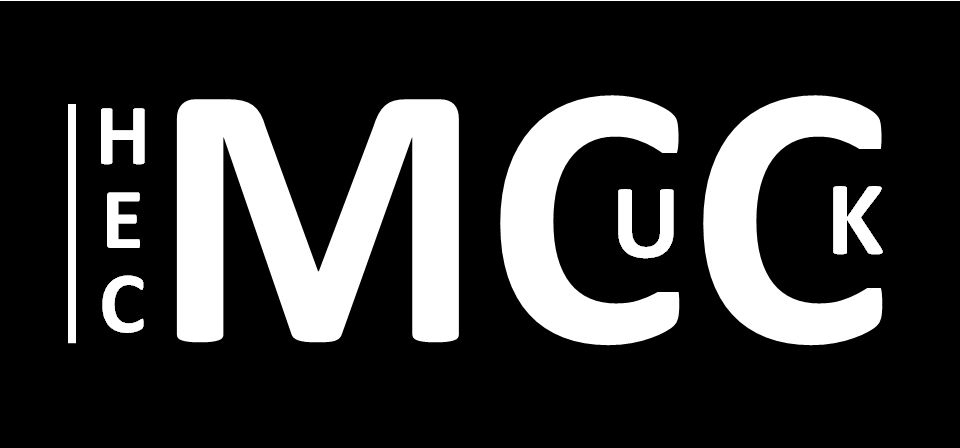
Machine learning the electric field response of condensed phase systems using perturbed neural network potentials
In this work, MCC researchers present a machine learning method that enables molecular dynamics simulations under finite electric ...

Lithium-rich oxides and oxyfluorides for electrochemical energy storage
Lithium-rich oxides and oxyfluorides are an attractive class of materials for next-generation cathodes for lithium-ion batteries, due ...
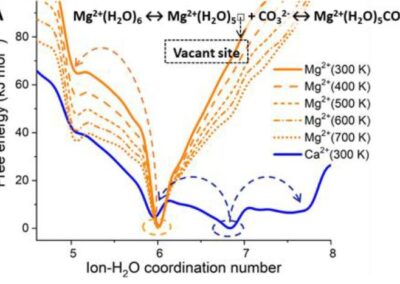
The role of solution additives in magnesium ion dehydration: implications for the mineralization of CO2 to added-value carbonate materials
Computational characterisation of the Mg–H2O dissociation mechanism shows that solution additives can stabilise undercoordinated Mg2+ ...
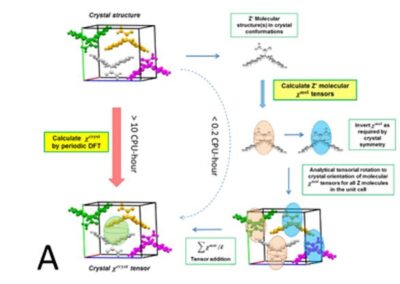
Magnetic, optical and thermodynamic properties of organic polymorphs from periodic DFT-D calculations
Pioneering computational methods to calculate diamagnetic susceptibility tensors of organic molecular crystals, have shown that ...
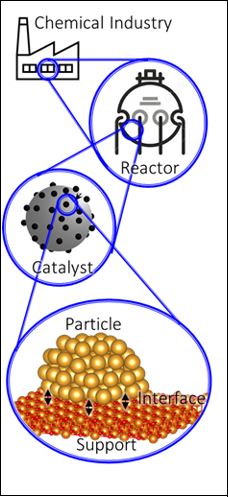
Modelling the future in heterogeneous catalysts
From all the manufactured goods generated and consumed in the UK, about 90% are directly or indirectly involved in a catalytic process ...
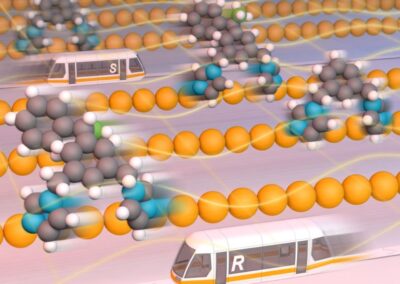
Controlling the preferential motion of chiral molecular walkers on a surface
We demonstrate a natural mechanism in which, under certain conditions, one molecular type (e.g. an enantiomer) moves towards one ...
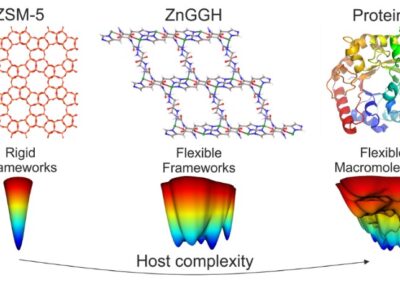
Chemical control of structure and guest uptake by a conformationally mobile porous material
A new metal-organic framework composed of zinc ions and tripeptide molecules was synthesised in our group and shown to adopt nine ...
